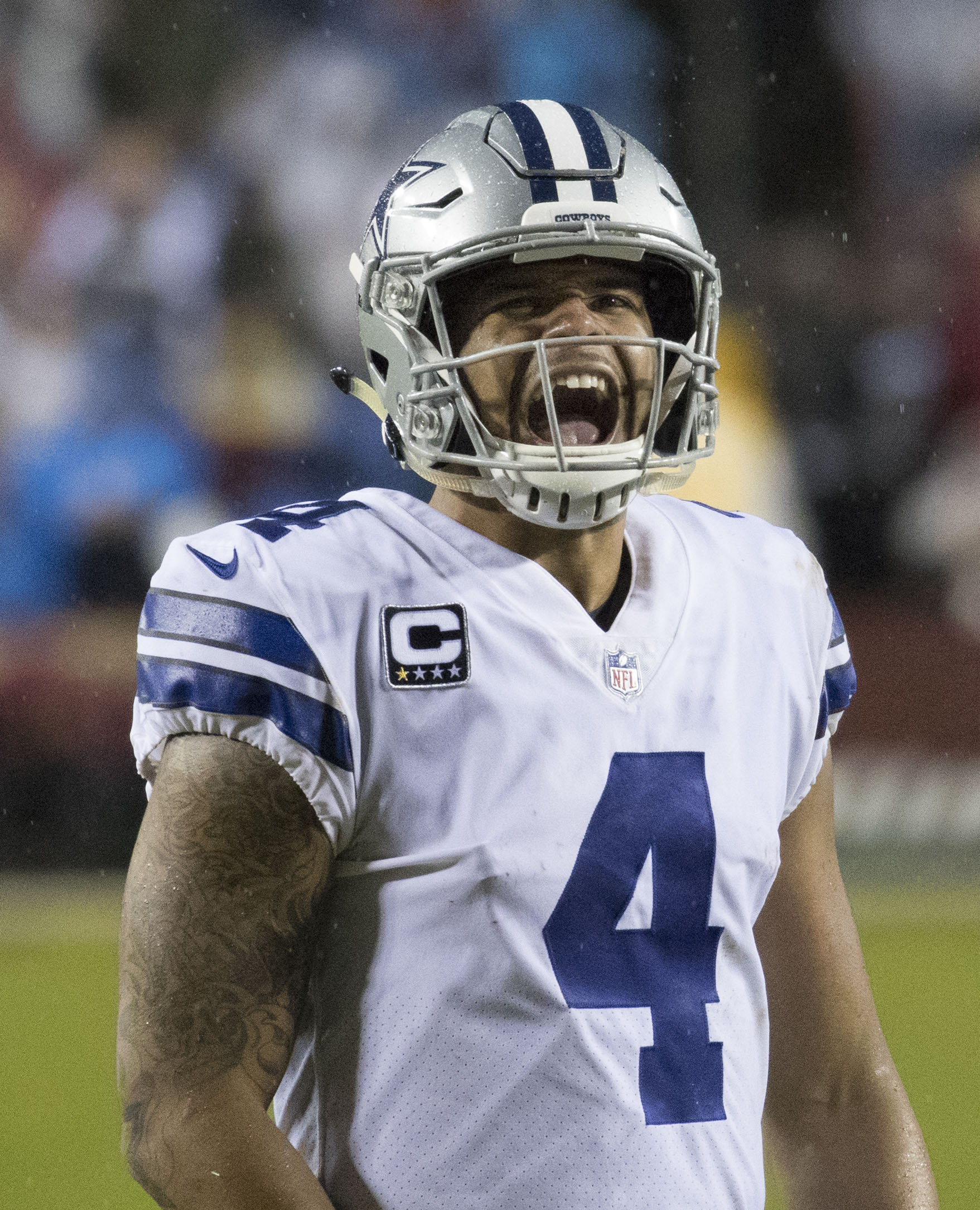This past week, Dak Prescott, quarterback for the Dallas Cowboys, opened up about the suicide of his brother, Jace, in April of this year. His brother had been a large part of Dak’s life and in speaking about the legacy he left behind, Prescott recognized the emotional burdens that had been placed on him. Prescott stated in a pre-season interview, “He meant a lot to my family, part of [the] reason I am a quarterback. When I was a little kid, he was the reason I first started throwing the football.” Prescott spoke on an episode of “In Depth with Graham Bensinger” about how difficult it was to open up and get help when he needed it most. He also spoke about how hard the restrictions of COVID were to the grieving process because they limited human contact and that, during some of his darkest days, was a challenge.
As a professional athlete, the cameras are always on. There are standards in how athletes behave and are seen in the spotlight, and while society is starting to address mental health and well being, a stigma still exists especially for athletes. As a result, Prescott’s ability to be vulnerable is extremely important. There are pressures put on a facade that everything is fine. Prescott knows, firsthand, how difficult it can be to talk about his emotions, even with the people he loves, due to a fear of looking weak. In his interview, he explained to Bensinger that opening up is necessary because “all those things create emotions and put things in your head about yourself or your situation in life that aren’t true. I think it’s huge. I think it’s huge to talk. I think it’s huge to get help. And it saves lives.”
The point of Prescott’s announcement about his brother was never to get attention for himself but more of an attempt to encourage athletes to publicly acknowledge the mental struggles that they, the seemingly toughest people in the world, face. Conversation about mental wellness might have an even larger impact on young kids who see athletes as role models and superheroes. The transparency of honest discussions about the hardships of ordinary people make them less taboo and ultimately part of everyone’s lives.
Other athletes like Kevin Love, Nick Boynton, and Micheal Phelps are working hard to address mental health through conversation and programs designed to target the stigma. but it is more human to acknowledge the hardships that we encounter in life and work through them with the help of professionals, friends and family.
The need to address mental health transcends the professional level for athletes. Even at St. Lawrence, athletes often struggle in reaching out for help as they too are often held to a higher standard because of their ability to balance practice, road trips, and games with multiple responsibilities, including academics, personal lives, and jobs. However, it is important to know that they are not alone in the fight. Dak Prescott’s strength in opening up may be the additional step needed to show athletes it is more than okay to ask for help. By reaching out to coaches or even teammates, athletes can take a step in the right direction. The counseling center on campus is now opening spots specifically for athletes at 6pm a few days a week. For more information on this or to schedule an appointment, email or call the Health and Counseling Center at 315-229-5392 and healthcenter@stlawu.edu.



